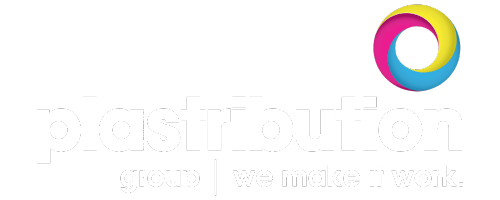What is Extended Producer Responsibility?

What is Extended Producer Responsibility (EPR)?
EPR is a regulatory framework that holds producers, importers and retailers responsible for the entire lifecycle of their products, especially at the end-of-life stage. This includes managing the collection, recycling, or safe disposal of products. The goal is to encourage sustainable product design, reduce waste and minimise environmental impact.
Why is EPR Important?
EPR is crucial for reducing environmental harm and waste because it encourages producers to:
- Design eco-friendly products
- Reduce waste sent to landfills
- Improve recycling efforts
- Shift waste management costs from consumers and taxpayers to producers
How does EPR work?
Under EPR, producers are required to:
- Contribute financially to recycling programs
- Participate in product take-back schemes
- Incorporate eco-friendly materials and designs to minimise waste

The benefits of EPR
- Environmental protection - encourages businesses to consider the product lifecycle, reducing pollution and waste.
- Resource efficiency - recycling and reusing materials reduces the need for raw resources
- Cost savings for taxpayers - shifts waste management costs from taxpayers to producers, leading to more sustainable economies.
When is EPR due to be implemented?
EPR for packaging fees have been deferred for a year. Producers will not have to pay any EPR packaging fees in 2024. However, they must still follow this guidance and report their packaging data for 2023 and will be required to pay any related fees in 2025 based on 2024 data. Producers must also continue to pay any fees due under previous regulations.
If you have any questions regarding flexible packaging solutions – contact us on enquires@plasfilms.co.uk
